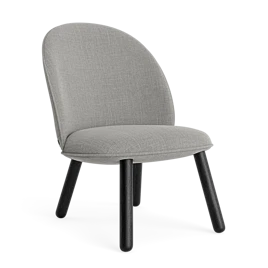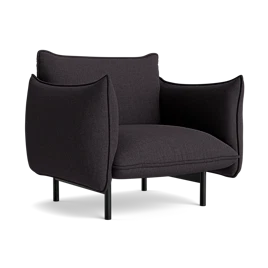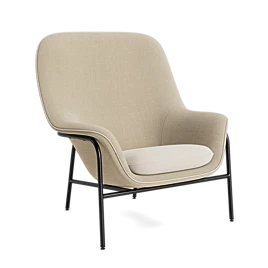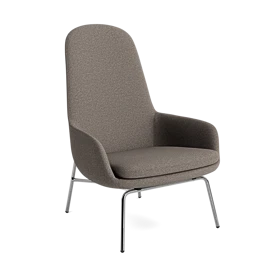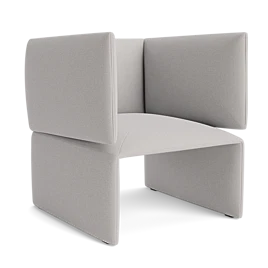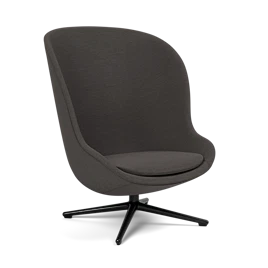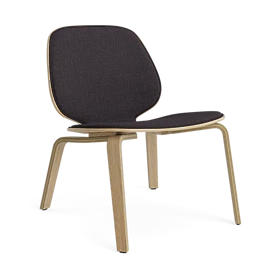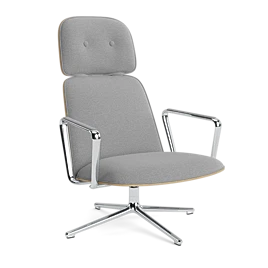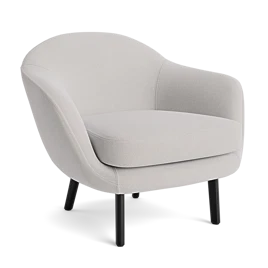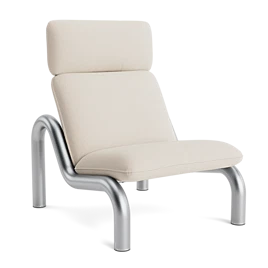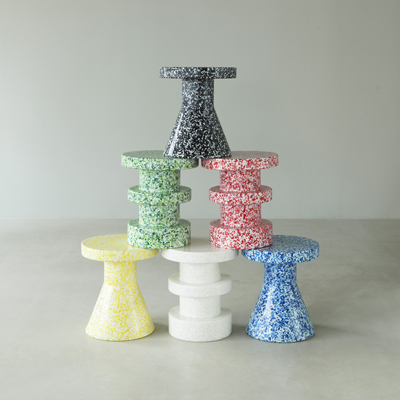Swell can be built up from 10 different modules and is available in a wide variety of textiles and leathers. The seat frame is crafted from FSC™️ certified (FSC-C163461) plywood and plywood from other sources, covered with several layers of foam for optimal comfort. The legs for Swell are made from FSC™️ ash and ash from other controlled sources. The wood is painted. Swell's soft, curved silhouettes give the furniture pieces an inviting look and ensure a fantastic sitting comfort. Add up the parts you want and create a customized sofa or armchair design.
Clean with textile or upholstery cleaner. Frequent vacuuming with a soft fitting is recommended to preserve color and appearance.
Swell modular Sofa
Swell is a minimalistic furniture collection with a playful, light-hearted feel designed by the Swedish designer Jonas Wagell. The collection comprises a welcoming armchair and a variety of 10 different sofa modules, enabling any desired configuration of the distinctly plump design.
The Scandinavian simplicity of the design is accentuated by a stringent design without unnecessary details. Despite this, Swell oozes with character and personality and its soft, curved shapes makes it both inviting and provides a fantastic sitting comfort.
The name Swell is a reference to rising bread with its full shape, consisting of a robust padded back and seat and two curvy armrests. The stitching on the back and the seats divides the sofas into sections and completes the feel.
Jonas Wagell
"My ambition is to create simple and honest products that have strong character and warmth. Often with humor and color. I have always been fascinated by minimalism but often find myself lacking something personal or a trace from the creator. Maybe my work could be described as "expressive minimalism". I believe it is important that design has a connection to local traditions and heritage on some level, without risking being outdated with time."
